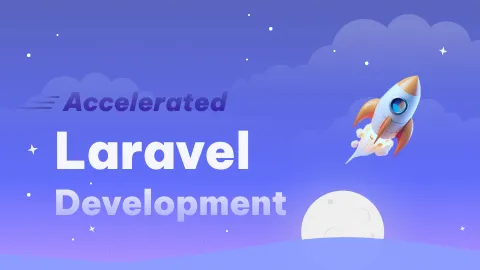Reusable sections
Hi, I was wondering how you usually create reusable parts for example e.g. infolists or forms? For example I create my own
This is my demo custom entry:
Model in my closure in url method is taken from resource, when I use it on UserResource, it is User etc.
It kinda works, but I don't like this implementation. Do you know better way?
AddressEntryThis is my demo custom entry:
Model in my closure in url method is taken from resource, when I use it on UserResource, it is User etc.
It kinda works, but I don't like this implementation. Do you know better way?
